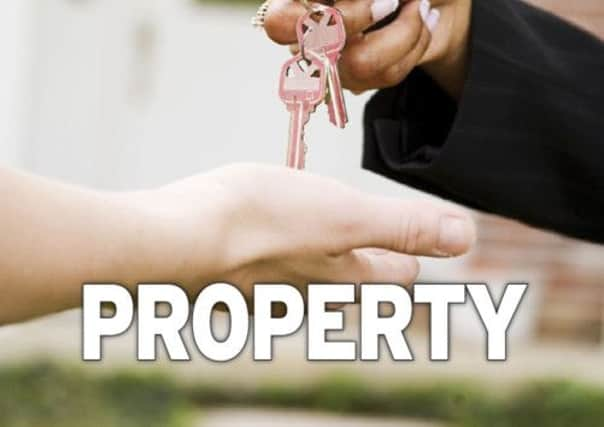Cost of a home outstripping salaries, survey reveals


National Housing Federation research found that in 2001, the average price of an East of England home was £124,616 and the average salary was £16,276.
In the space of ten years the price of a home has rocketed to £232,504 – an increase of 87 per cent - whereas wages have risen just 25 per cent to £20,400, making buying a home increasingly unaffordable for millions of workers.
Advertisement
Hide AdAdvertisement
Hide AdThese findings are replicated across England, with the average national house price increasing by three times the rate of average income.
Saving for a mortgage has also got much harder, with the size of deposit needed to get a mortgage rising by 366 per cent in the East of England and 386 per cent nationwide.
In 2001, the deposit for a typical 90 per cent mortgage (available in 2001) in the East was £12,462, about nine months’ salary.
By 2011 the amount banks were willing to lend was less, and so the deposit needed for a typical 75 per cent mortgage leapt to £58,126, almost three years’ salary.
Advertisement
Hide AdAdvertisement
Hide AdSome areas of the East of England have become particularly unaffordable. Watford, for example, saw the biggest increase in the gap between house prices and salaries in the East – and the second biggest nationwide.
These include Watford, where prices are up 76 per cent but wages have actually fallen by 13 per cent.
In St. Albans house prices are up 88 per cent and wages up just 17 per cent, with prices rising from 11.7 times annual income to 18.8 times annual income.
Kate Dodsworth of the National Housing Federation said: “These shocking figures show that it is getting increasingly difficult for millions of people to buy a home of their own in the current climate.
Advertisement
Hide AdAdvertisement
Hide Ad“With the gap between income and house prices growing ever wider, people can feel like they have to win the lottery just to own a home in their local area.
“A shortage of homes means the price to buy them is being pushed ever higher by the market, and out of reach of millions of hard working families. Unless we start building more homes people can truly afford to match the demand, this will only get worse.”